Following Freud’s rather cold conception of fathers and a relative neglect of their role in psychoanalytic theory is a challenge to continue more recent efforts to develop a psychoanalytically affirmative portrait of fatherhood. Here, fathers are attuned to relational mutuality and intimacy as a source of flourishing. Rapprochement is understood as a sub-phase of child development marked by a dramatic expression of conflict such as, “Hear me, see me, give me space, don’t give me space.” In addition, rapprochement is considered to characterize conflicts between autonomy and dependency across the lifespan. An often muted and subtle tension between holding and letting go persists. Working with what is felt entails entering a never fully completed negotiation marked by misreadings, bias, and illusion. ‘Father’ is understood to be a name pointing to a parenting function. With material that includes the grief of failed reunion, particular stories are mediated through thinking alongside philosophy and psychoanalytic theory in order to further explore the difficulty of integrating nurturing capacities into conceptions of masculinity. As a critique of gendered rigidity, a case is made for a social surround that declares mutual vulnerability to exist in a state of permanent inquiry and relational curiosity. Such openness can function to aid parents, clinicians, and respective community members to privilege the development of increased frustration tolerance. By extension, a good-enough father is one who recognizes breakdown, a need for refueling, and possesses and practices a willingness to encounter uneven rhythms in human dimensions.


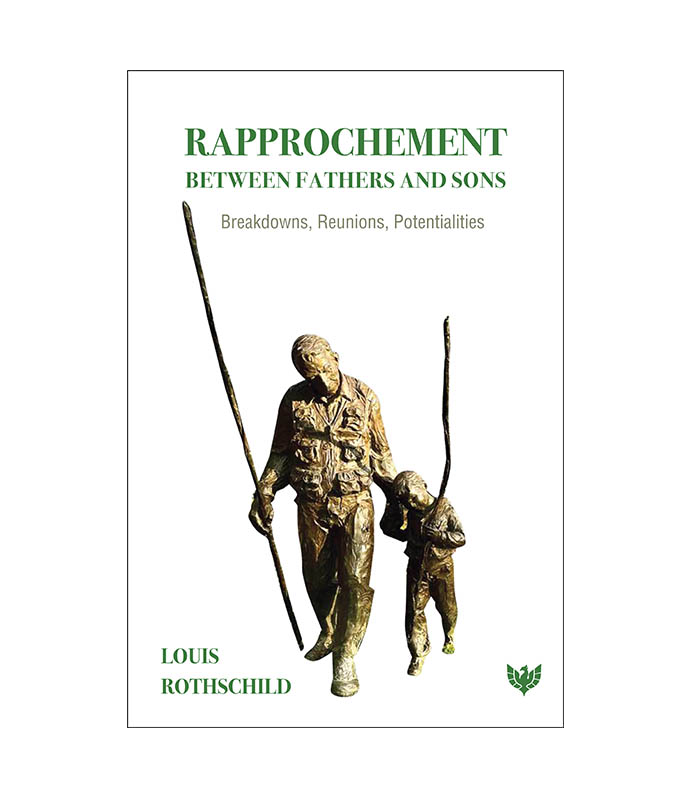
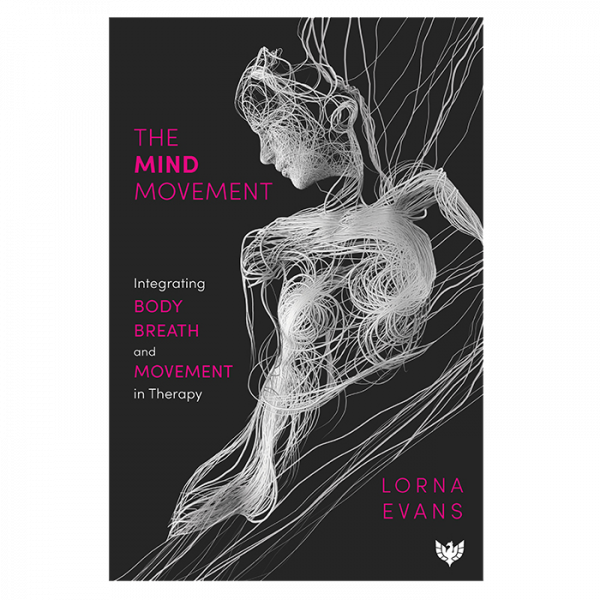
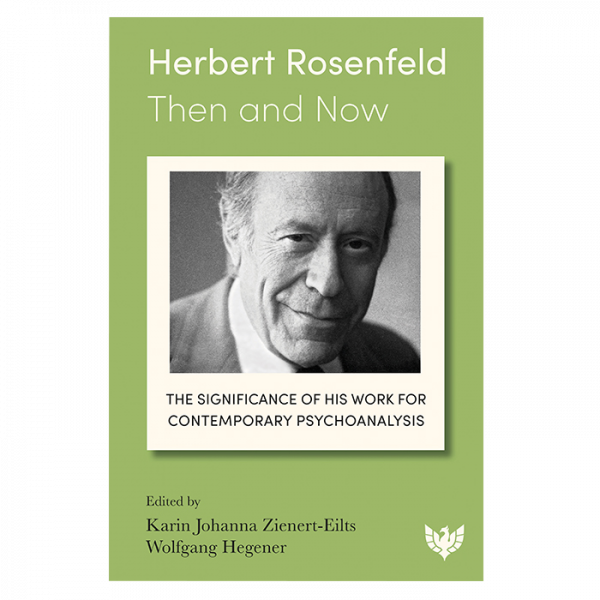

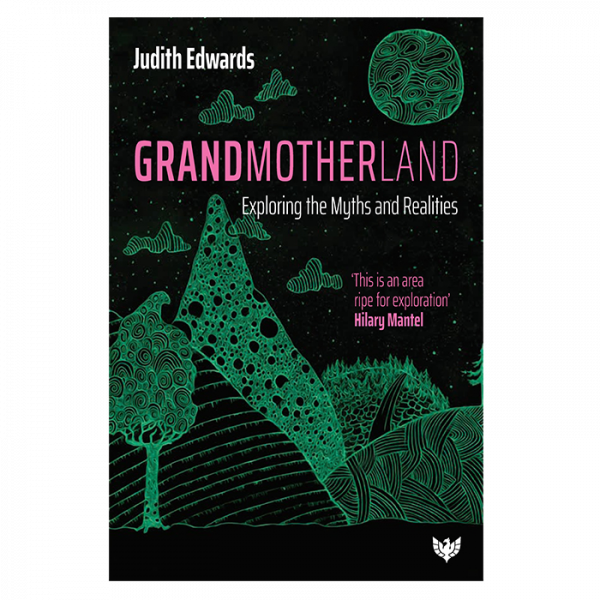
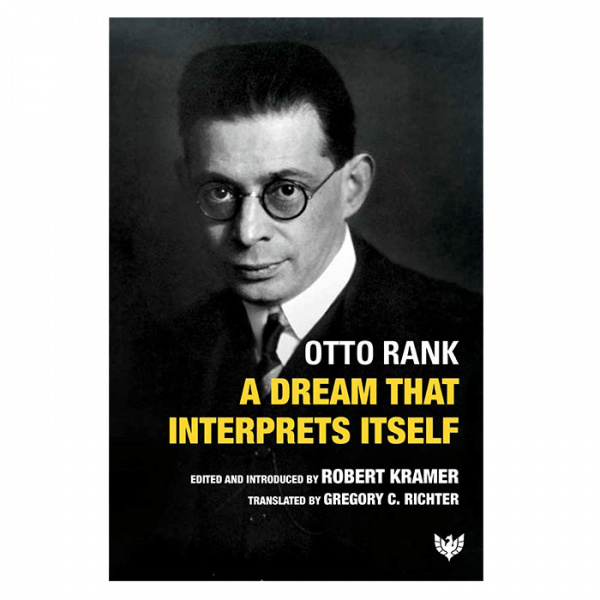
Salman Akhtar, MD, Emeritus Professor of Psychiatry, Jefferson Medical College, Training & Supervising Analyst, Psychoanalytic Center of Philadelphia –
‘After its foundational preoccupation with a child’s relationship with his or her father, psychoanalysis took a radical turn towards the maternal, a turn that lasted for over half a century. Louis Rothschild’s book is both an outstanding representative of the subsequent ‘return to the father’ and a unique explication of psychoanalytic thought on its own. Crisscrossing between mythology, fiction, film studies, children’s literature, and contemporary psychoanalytic praxis, Rothschild unveils a portrait of fatherhood as an amalgam of strength and tenderness that spurs the offspring’s autonomy while allowing on-going dependency as well. The word’ rapprochement’ in the title of his book embodies not only the blend of firmness and compassion in fathering but also the heuristic benefits reaped by psychoanalysis’ interaction with related disciplines of humanities. This is a book of great literary elegance and impressive psychological wisdom.’
Lene Auestad, Dr of Philosophy, founder of the conference series Psychoanalysis and Politics, associate member of the Norwegian Psychoanalytical Society –
‘There is a lack of nuanced explorations of contemporary masculinity beyond stereotypes in psychoanalytic and psychosocial writing. Louis Rothschild’s Rapprochement between Fathers and Sons: Breakdowns, Reunions, Potentialities takes the reader on an imaginative, rich, and often surprising journey through good-enough fatherhood, holding, and its failures. The book draws on a wide range of literary narratives while situating its subjects in their historical and social context. I would highly recommend it.’
Ken Fuchsman, Psychohistory News Newsletter of the International Psychohistorical Association, Volume 43 – Number 4 – Fall 2024 –
‘Rothschild advocates for a new masculine parenting ideal that combines nurturing and strength, challenging contemporary culture’s privileging of detached rationality. In an era of dual-income families, he argues for father-son relationships that embrace both dependency and autonomy while acknowledging inevitable breakdowns and recoveries’
Anastasios Gaitanidis, Psychoanalysis, Culture & Society, 2025. –
‘A landmark contribution to the fields of psychoanalysis, masculinity studies, and fatherhood research […] In an era marked by ongoing debates about the nature of masculinity and the role of fathers, Rothschild’s work provides a timely and sophisticated contribution […] It stands as an essential read for anyone seeking to understand and navigate the complex emotional terrain of father–son relationships in the modern world, while also contributing valuable insights to our broader understanding of human relationships, emotional development, and the ongoing evolution of masculinity in contemporary society.’